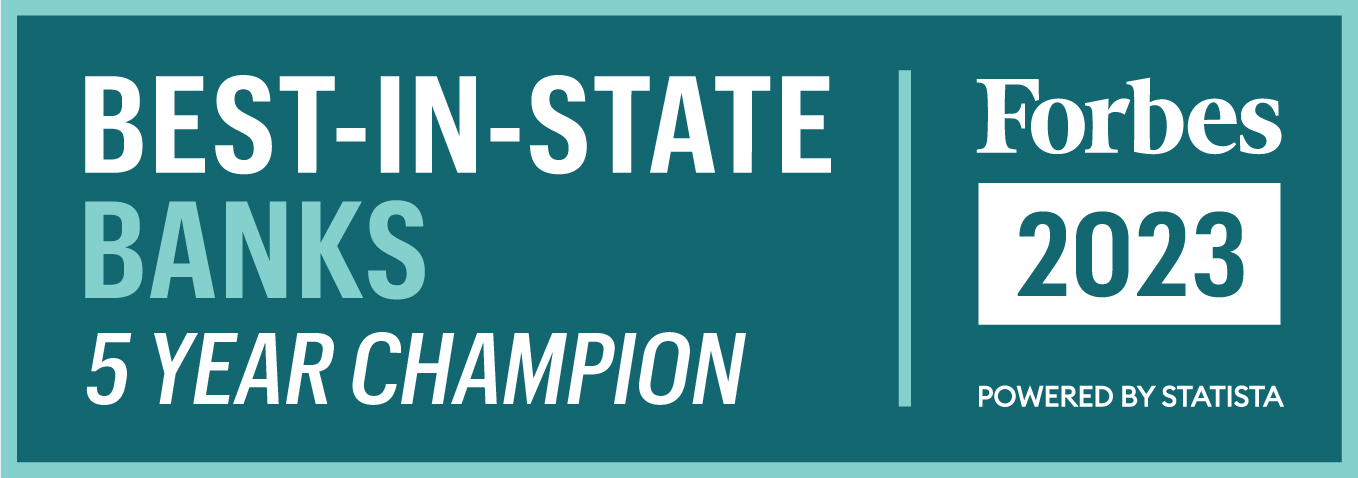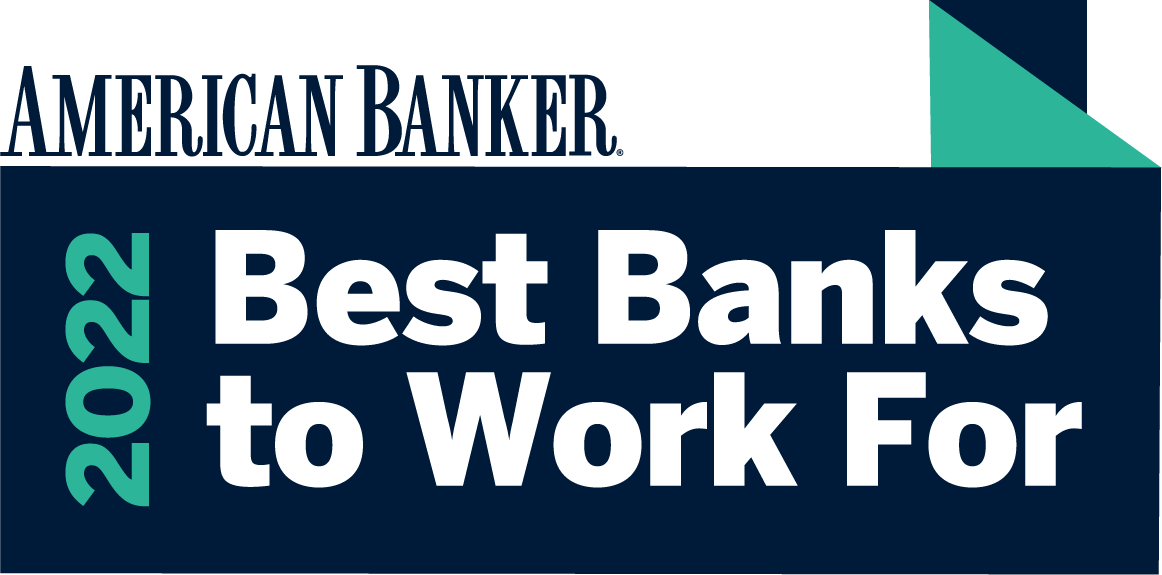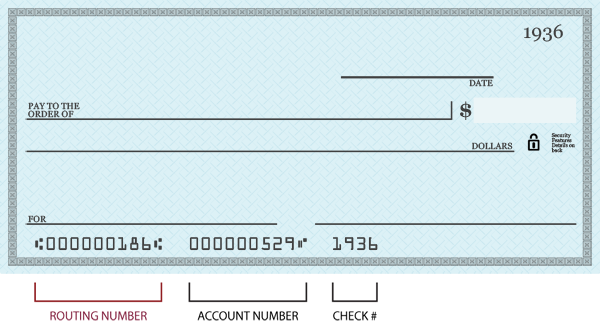As you celebrate finishing your college education and look to begin your career, it’s important to get started with a strategy to pay down any student loans you may have used to fund your education. Here are some tips to help you get ahead of these payments and pay off your loans as soon as possible.
Choose the right repayment plan
While federal student loans offer Income Sensitive Repayment (ISR) plans that set the payment according to your annual income, making the lowest possible monthly payment will not pay your loan off quickly. The longer your loans are outstanding, the more you’ll pay in interest— and this is money that you could dedicate to attaining other financial goals. From the start, try to pay as much as you can afford, up to 10% of your pretax income, for example.
Pay off high-interest rate private student loans first
Private student loan interest rates tend to be based on the prime rate plus a margin, and in a rising interest rate environment, the interest rate on that loan can increase substantially. While interest paid on these loans may be tax deductible, these loans may not have the same flexibility and benefits as federal student loans. Private student loans tend to have less generous deferment and forbearance plans and fewer repayment options. Plus you may not be able to consolidate these loans.
Take advantage of borrower benefits
You may be eligible for an interest rate or principal reduction if you make a certain amount of on-time payments, and taking advantage of these could save you money. Enrolling in automatic payments may also provide a 0.25% interest rate reduction. Check with your lender to learn about the available benefits.
Seek help from your employer
Some employers offer perks to help employees pay off student loans, and if yours does, be sure to take advantage of these programs. While some are through private employers, others are public-service oriented. For example, government and military personnel may be eligible for student loan repayment programs for qualifying education loans. Teach for America and the Teacher Loan Forgiveness Program are two options for teachers, and nurses may find assistance through the
Nursing Education Loan Repayment Program. And those who work full-time in public service may be eligible to have their remaining federal student loans discharged after 10 years through the
Public Service Loan Forgiveness program.
Understand your tax deductions and credits
Depending on your income, you may be eligible for an above-the-line tax deduction that is subtracted directly from your adjusted gross income. You don’t need to itemize for this deduction and it will save you more than a regular deduction. You can deduct up to $2,500 in student loan interest paid provided you earn less than $80,000. Consult with your tax advisor to understand the deductions you qualify for.
Put excess cash toward your loans
Whether it’s a tax refund, bonus or other unexpected source of income, put all or a portion of these funds toward the principal on your student loans. This strategy will help you pay off the student loan faster and reduce the amount you pay in interest.
We’re here to help. You can find more information about budgeting in our Simply Speaking blog. We also offer information on personal banking on our website. Our Customer Service Team can be reached at 866-224-1379.




